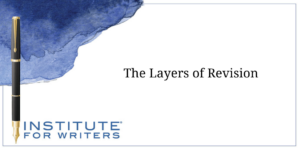
The Layers of Revision
To many, writing is revision, and most writers revise their manuscripts numerous times before they’ve shaped it into the best version that it can be.
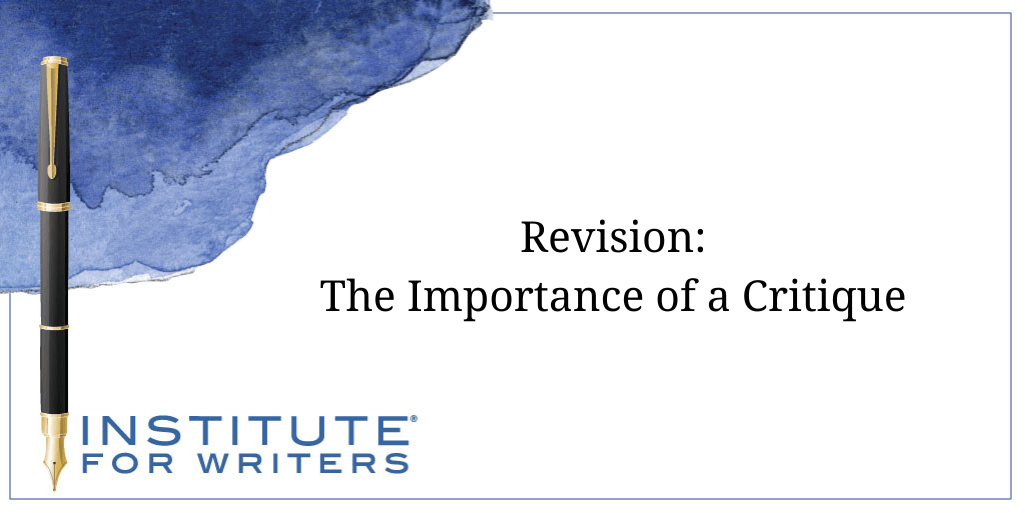
We type “the end” and are so excited, but it’s very hard to see our baby manuscript objectively. The truth is no draft is perfect. Even setting the manuscript aside for a couple of weeks, we probably won’t see all that needs to be changed. Marsha Diane Arnold once said, “There are no first drafts in the library.” So true.
Many writers depend on beta readers to tell them if a story, article, or book is working. Yes, I believe that may be helpful. But an actual critique is more valuable because other writers are in the trenches themselves. I like how C.A. Sanders says it, “Rewriting alone, in an echo chamber, does nothing for you except reinforce your flaws as a writer (and every writer has flaws). You need more than an echo, you need listeners. You need a critique group.”
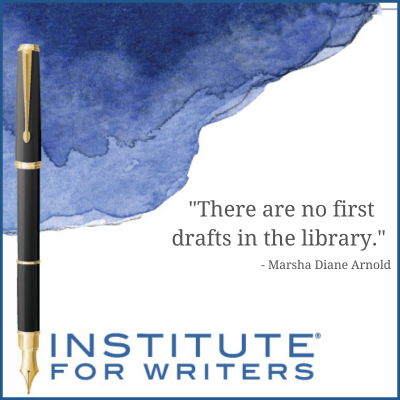 I’ve been in a number of critique groups over the years, and wouldn’t do without one.
I’ve been in a number of critique groups over the years, and wouldn’t do without one.
Critiques come in good and bad flavors unfortunately. I observed someone who did not understand that a dwarf wasn’t a “little person” even though the story was obviously a fantasy including a dragon. Once a critiquer said to me, “Why’d you name him Brad? I knew a Brad and he was horrible.” Obviously, that person’s comments were more about her than my writing. And sometimes, people can be flat mean—“Don’t quit your day job” is what one writer was told.

Critiques could also include brainstorming. “What if he did _____?” Or even motivation to write a new story because of an off-hand comment. I love it when I have an “Oh!” moment inspired by a critique.
Critique groups or critique matchups are free and can often be found through writing organizations, writer events, writing classes, writer discussion groups, and even libraries. Writer’s Relief provides a list of “Writers Associations.” Critiques are usually confidential, although there are some public forums where one can get a critique as well.
It can definitely be worthwhile, especially once you’ve gotten other feedback. Just make sure the professional works in the same area as your manuscript. ICL offers a paid critique service where submissions are matched with one of our instructors with experience in the genre of the manuscript. Find out more on our manuscript critique service page.
“Critical feedback shared in good faith is inherently a constructive dialogue. A ‘critique,’ a term that is both a noun and a verb, represents the systematical application of critical thought, a disciplined method of analysis, expressing of opinions, and rendering judgments.” – Kilroy J. Oldster
“Usually, critiques sting a little. That’s okay. Sometimes, you’ll get lucky and your suspicions about what is weak in your writing will only be confirmed. Other times, you’ll be surprised that the critic found weaknesses in parts of the work that you thought were the strongest.” – Melissa Donovan
 Remember, “The object of critique is to force the writer to take an objective look at what has been written, evaluate its suitability, tighten the piece where needed, then let your words stand on their own.” – “The Importance of Critique for Serious and Successful Writers” – Writer’s Relief.
Remember, “The object of critique is to force the writer to take an objective look at what has been written, evaluate its suitability, tighten the piece where needed, then let your words stand on their own.” – “The Importance of Critique for Serious and Successful Writers” – Writer’s Relief.
It’s also not about you personally, it’s only about what’s on the page. Often, I find it helpful to listen to or read the critique, and then give it time to settle in my mind. I may need to focus on the positive comments a while before I can consider actually revising. Often, once I let the hurt go, I get excited about making changes and am pleased to see my manuscript improve.
In an article for the Harvard Business Review, the authors said, “In her research on the power of dissent, Charlan Nemeth shows that debate and criticism do not inhibit ideas; rather, they stimulate them.” – Roberto Verganti and Don Norman, “Why Criticism Is Good for Creativity”
Ultimately the changes you make are up to you. But I believe critiques and revisions help you get your manuscript in the best form before sending it out to agents or editors.
Sue Ford writes for adults as SM Ford and for children under her maiden name, Susan Uhlig. She’s an instructor for the Institute of Children’s Literature for two of the writing for magazine courses. You can find her on her website: susanuhlig.com and on Twitter: @susanuhlig.

To many, writing is revision, and most writers revise their manuscripts numerous times before they’ve shaped it into the best version that it can be.
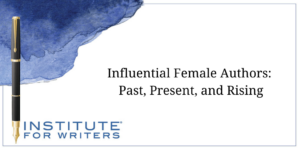
We’re going to look at influential female authors of the past, those impacting the present, and whom the industry expects to make a big splash.
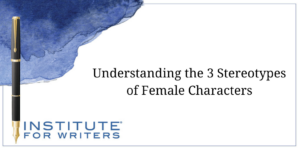
This week, we’re focusing on how we as writers can create strong female characters that others will look up to, instead of harmful stereotypes.
1000 N. West Street #1200, Wilmington, DE 19801
© 2024 Direct Learning Systems, Inc. All rights reserved.

1000 N. West Street #1200, Wilmington, DE 19801
© 2025 Direct Learning Systems, Inc. All rights reserved.

1000 N. West Street #1200, Wilmington, DE 19801
©2025 Direct Learning Systems, Inc. All rights reserved. Privacy Policy.
3 Comments